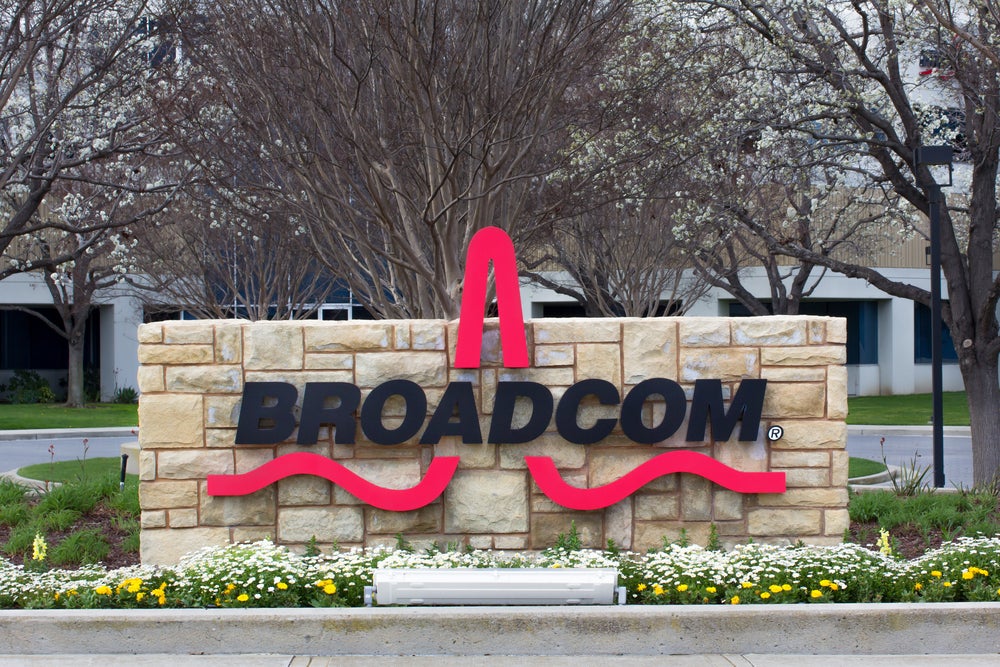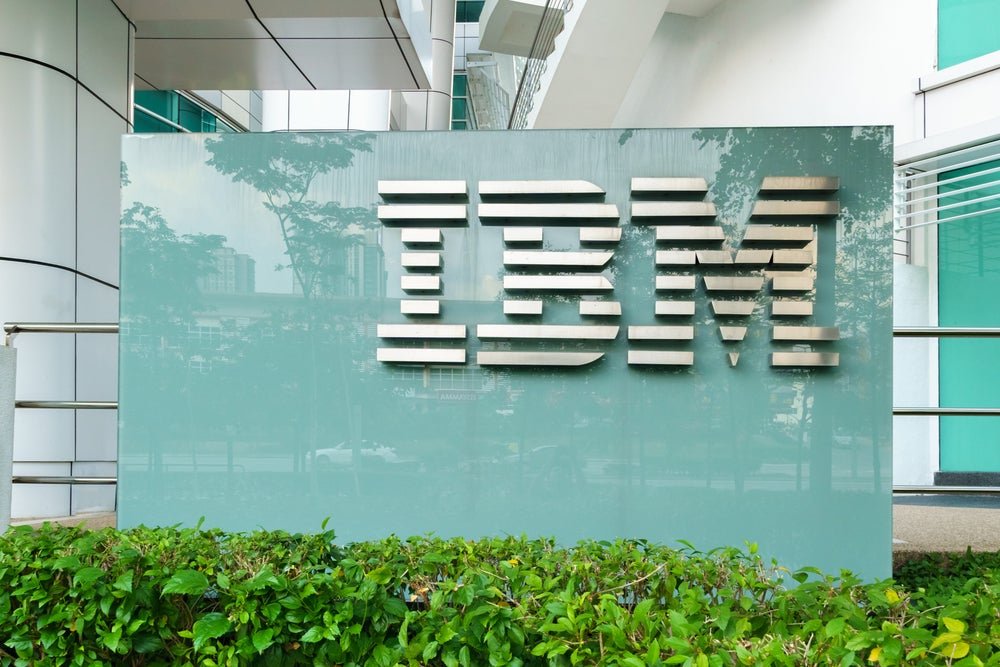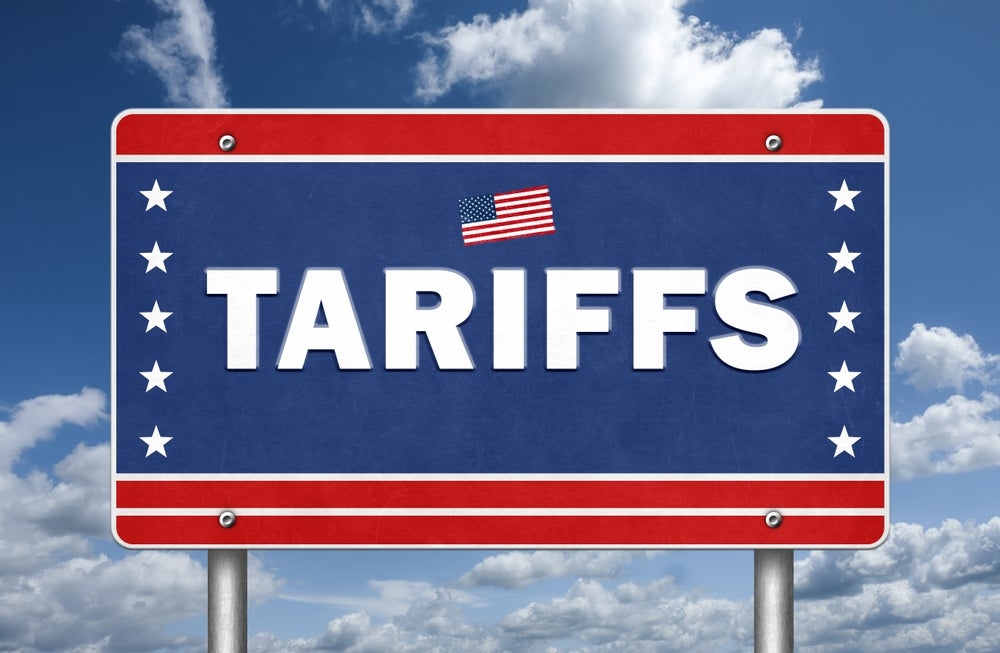
The UK’s Competition and Markets Authority (CMA) has given the green light to US tech giant Broadcom’s $69bn acquisition of VMware – in a move which experts believe may provide hope for future major tech deals in the UK.
Following an in-depth multi-phase investigation, the CMA published a statement on Monday (21 August) claiming it found no competitive grounds to block the deal.
Richard Feasey, chair of the independent panel of the second phase of CMA’s investigation, said: “Even if the UK market represents a small proportion of total sales in a merger, the CMA’s job is to scrutinise deals like this thoroughly to ensure they don’t harm competition in the UK.
“In this case, having carefully considered the evidence and found no competition concerns, we have concluded the deal can go ahead.”
The deal is now on track to close on October 30 2023.
The CMA’s decision follows the watchdog receiving criticism over the last year for being too frequent with its blocking of large tech deals.
Microsoft’s President Brad Smith criticsed the CMA after it blocked the $69bn Microsoft Activision merger in April.
Speaking in a BBC interview, Smith said the decision “had shaken confidence in the UK tech industry” and was “probably the darkest day in our four decades in Britain”.
Smith added that the UK needs to “look hard at the role of the CMA” if it wanted “to bring in investment” and “create jobs”.
Clare Trachet, CFO and founder of business directory Trachet, told Verdict the UK watchdog’s recent decision to greenlight the Broadcom VMware deal “signals optimism for larger tech deals seeking the CMA’s approval.”
“By clearing such a significant tech deal, the CMA sets a precedent for future M&A deals within the tech industry as it suggests regulators will be more receptive in allowing large-scale transactions to proceed if they determine that the deal will not substantially harm competition in the relevant markets, helping drive investor confidence,” Trachet added.
Alex Haffner, competition partner at law firm Fladgate, echoed this point and claimed the CMA’s recent decision “further than the European Commission’s merger unit.”
Last month, the EU ordered the two merging companies to provide commitments to Marvell, a rival company of Broadcom, in order for the deal to go through.
Haffner told Verdict: “As such, it is a useful riposte to arguments which have received a very public airing in the context of the CMA’s oversight of the Microsoft/Activision merger that the CMA is not sufficiently flexible to deal with technology based transactions and their likely impact on competition.”







